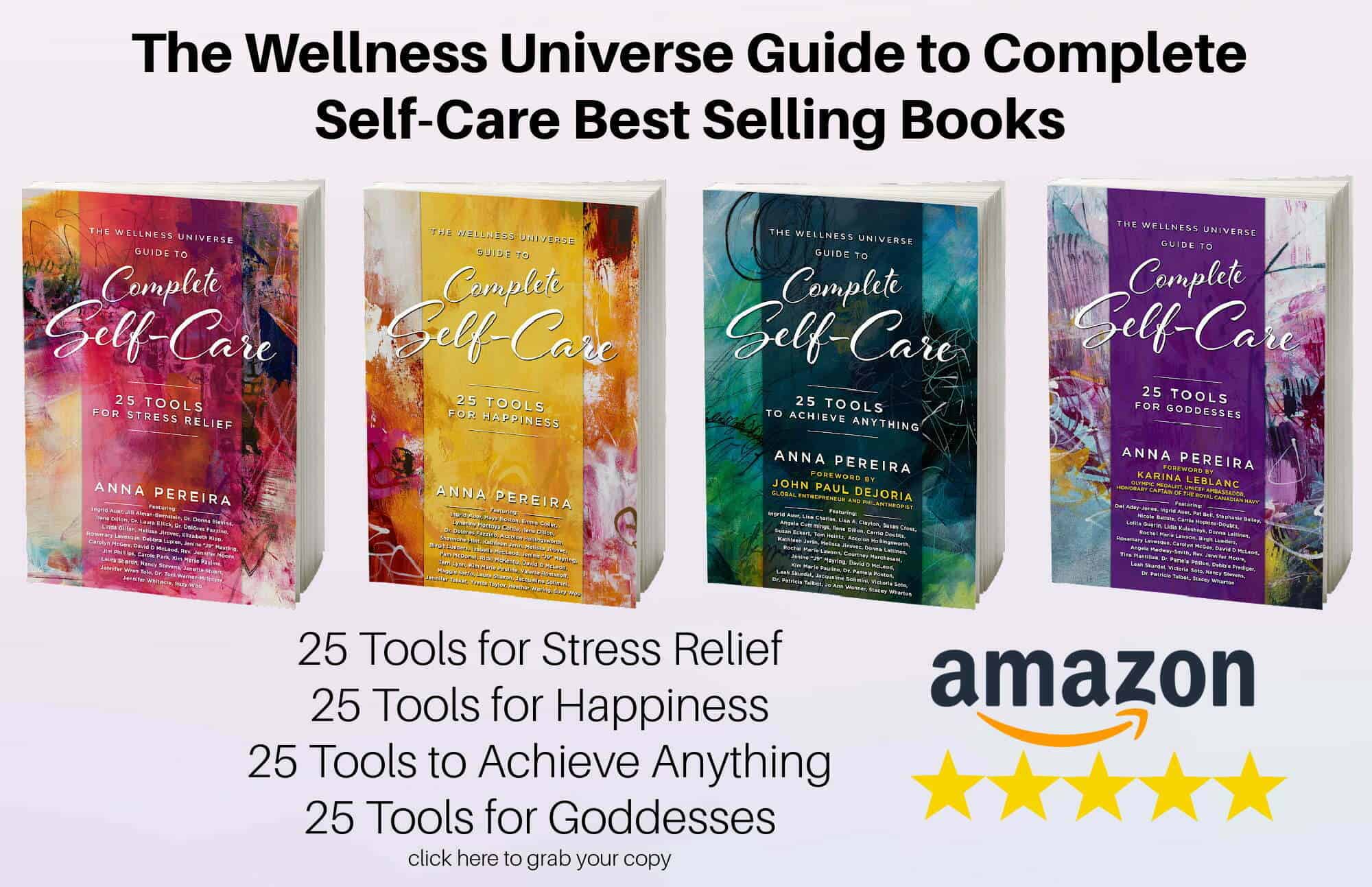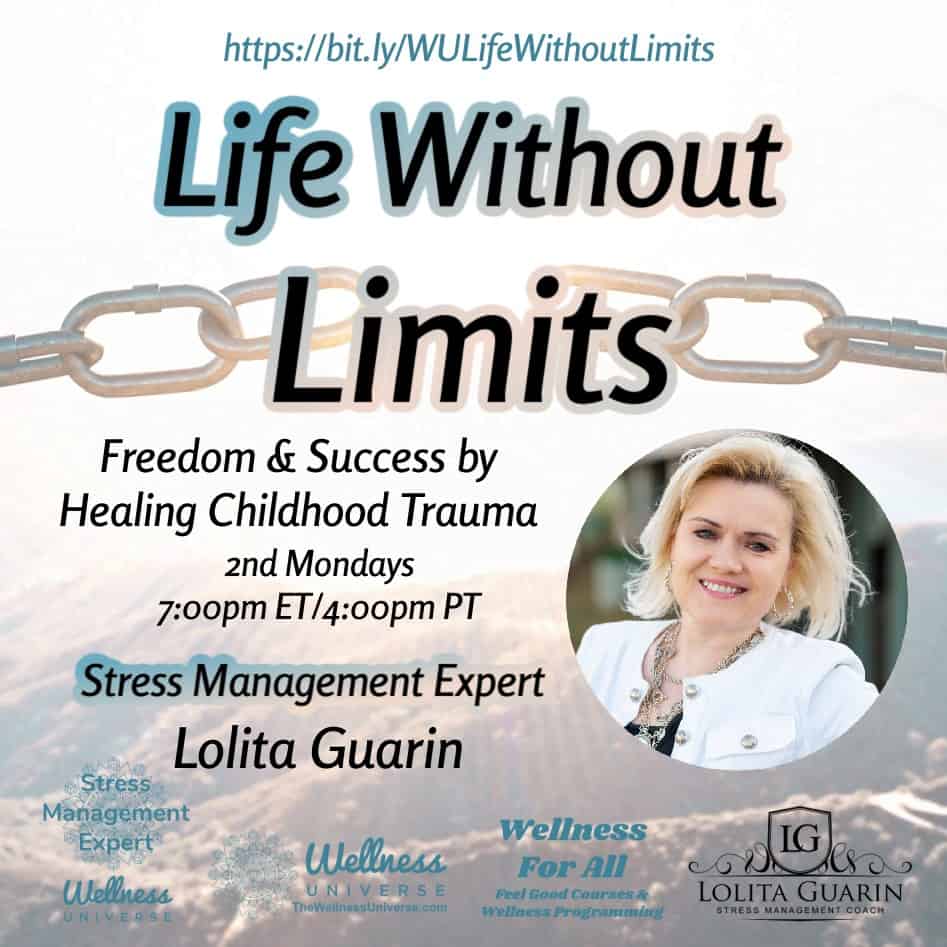Historically, traditional gender roles have imposed a significant emotional toll on men. Our culture has favored the archetype of the “strong, silent type,” but this preference has inadvertently created barriers to emotional expression and vulnerability for men. In many quarters today, boys are still socialized to suppress emotions like sadness and fear, which are treated as signs of weakness, while anger and aggression are implicitly encouraged as acceptable alternatives.
In modern culture, it is not unusual to see the word “masculinity” preceded by the word “toxic,” even though most men are decent and loving people who do their best to bring a lot of value to the world. A side-effect of the resulting pervasive phrase is that men shy away from showing up authentically. Thus, the conditioning of men in western culture leads to emotional suppression and reduced emotional literacy, which has a negative impact on the development of emotional intelligence. And this, ultimately, has a negative impact on society at large.
Let’s begin by defining these important terms.
Emotional Literacy: Emotional literacy refers to the ability to recognize, understand, express, and manage one’s emotions. It implies comprehension of emotional language and the ability to articulate feelings effectively.
Emotional Intelligence: Emotional intelligence encompasses the elements of self-awareness, self-regulation, motivation, empathy, and social adeptness. It is the ability to navigate social complexities, lead and motivate others, and promote positive relationships. Emotional intelligence builds on emotional literacy, empowering individuals both to understand their own emotions and to recognize and influence the emotions of others.
I think we can agree that these are important attributes for everyone to develop. The question is: what can we do as a culture to improve emotional literacy and emotional intelligence among men? Obviously, this is a complex question that almost certainly has no straightforward answers, but one thing that I’ve found useful in my life is the idea of male bonding—especially in venues where those qualities are encouraged.
The Importance of Male Bonding
Male bonding, or the formation of close, supportive relationships among men, plays a crucial role in dissolving the emotional barriers I mentioned earlier. The ideal space is one where men can embrace and express their vulnerability without fear of judgment. Through shared experiences and open communication, men can learn to articulate their feelings and gain a deeper understanding of their emotional states.
Dismantling the “Macho” Image
In carefully structured men’s groups, the pressure to conform to “traditional” masculine norms can be reduced so that men don’t rely on the typical “macho” posturing that they might engage in other situations. Such environments encourage men to explore and express a broader range of emotions, fostering emotional literacy. For example, discussing personal challenges, fears, and aspirations with trusted mentors, associates, and friends can help men develop a more nuanced understanding of their emotional landscape.
Enhancing Self-Awareness and Self-Regulation
Self-awareness and self-regulation are core components of emotional intelligence. Through male bonding, men can work together to develop and master these skills. In supportive male bonding spaces, men are more likely to receive honest feedback and reflection about their behavior and emotional responses—preferably with as little judgment as possible. This feedback loop helps men become more attuned to their internal emotional states and the impact of their choices on the world around them.
Through regular interactions and mutual support, men also learn effective strategies for managing emotions. Witnessing friends navigate their own emotional challenges provides valuable insights into empowering coping mechanisms and emotional regulation techniques. Over time, these shared experiences contribute to greater emotional resilience and stability.
Developing Empathy
Empathy is the ability to understand and share the feelings of another person and is present in every person who does not suffer from some form of psychopathy. Empathy is another critical aspect of emotional intelligence that is nurtured through male bonding. Deep, meaningful connections evoke strong empathy, as men learn to listen actively, provide support, and offer compassionate responses to the experiences of the other men in their groups.
Male bonding also enhances social skills by providing opportunities for men to practice effective communication, conflict resolution, and collaboration. Engaging in group activities requires coordination, negotiation, and mutual support. These social interactions help men refine their interpersonal skills, making them more adept at navigating both personal and professional relationships.
Benefits of Male Bonding
Mental/Emotional/Spiritual Health
Strong social connections are consistently linked to better emotional and mental health outcomes. Men who maintain close friendships report lower levels of depression, anxiety, and stress. The emotional support provided by friends acts as a buffer against the pressures and challenges of life, promoting a sense of belonging and reducing feelings of isolation.
Male bonding can also help mitigate risks associated with emotional suppression. Research reveals that men who suppress their emotions are at greater risk for mental health issues, including depression and substance abuse. By encouraging open emotional expression, male bonding promotes healthier coping mechanisms and emotional resilience.
Physical Health
Many of the benefits listed above find a pretty automatic crossover to physical health. But there are specific benefits to physical health beyond those mentioned. For example, studies have shown that strong social networks are associated with lower risks of cardiovascular disease, better immune function, and increased longevity. The stress-reducing effects of close friendships contribute to these positive health outcomes by lowering blood pressure, reducing inflammation, and promoting overall well-being.
Overcoming Barriers to Male Bonding
Despite the obvious benefits, many men struggle to form and maintain close relationships with other men. Several factors contribute to this challenge, including busy schedules, geographic mobility, and disempowering societal norms that discourage emotional openness. Not only that, but people seem to resist personal growth opportunities out of a misguided fear of being seen as “selfish.” There are several strategies that men can employ to overcome these barriers and cultivate meaningful connections.
“Love Your Neighbor as YOURSELF”
In order to receive the benefits of any form of male bonding, men need to understand that they must heal their own wounds and traumas if they want to have a happy life. This means making one’s personal healing a priority—it is difficult (if not impossible) to heal others or improve life for others if you are not doing your own inner healing work!
Prioritizing Relationships
Another way to enhance male bonding is by prioritizing relationships. This means making a conscious effort to invest time and energy into friendships, even in the face of a busy schedule. Regularly scheduled activities, such as weekly meet-ups or monthly outings, can help maintain and strengthen bonds.
Engaging in Shared Activities
Shared activities provide a natural context for building connections. Whether it’s joining a sports team, participating in a hobby group, or collaborating on a community project, these activities create opportunities for men to interact, collaborate, and support each other. The sense of camaraderie and shared purpose can help deepen friendships and foster emotional intimacy.
Creating Safe Spaces for Open Dialogue
Establishing welcoming spaces where men feel safe expressing their emotions is crucial for fostering emotional literacy and emotional intelligence. Men’s groups, support networks, or even informal gatherings can serve this purpose. In these settings, men can share their experiences, discuss their feelings, and receive validation and support from their peers.
Case Studies and Real-Life Examples
Men’s Sheds
One notable example of successful male bonding initiatives is the Men’s Sheds movement, which originated in Australia and has since spread globally. Men’s Sheds are community-based organizations that provide a space for men to come together, engage in meaningful activities, and support each other. The activities vary widely, from woodworking and gardening to community service projects. The core principle is to create an environment where men can socialize, share skills, and develop friendships.
Research on Men’s Sheds has shown significant benefits for participants, including improved mental health, reduced isolation, and enhanced sense of purpose. The camaraderie and mutual support fostered in these settings help men develop greater emotional literacy and emotional intelligence.
Men’s Empowerment Circles
There are many variants of circles where men come together with the specific aim of supporting each other to grow and expand into their full expression. These types of circles encourage men to connect to their own individual purpose for being and to live their lives in greater alignment with that purpose. This invariably involves deepening emotional literacy and emotional intelligence and incorporating a strong alignment with important values such as self-awareness, choice, integrity, and compassion.
Peer Support Groups
Another effective approach is peer support groups, which offer a structured yet informal setting for men to discuss their challenges and emotions. These groups can be most beneficial for men dealing with specific issues, such as bereavement, addiction, or mental health struggles. The shared experiences and empathetic listening within these groups provide a powerful platform for emotional growth and healing.
Male bonding plays a pivotal role in fostering emotional literacy and emotional intelligence. By breaking down traditional barriers to emotional expression, enhancing self-awareness and self-regulation, and building empathy and social skills, close relationships among men contribute significantly to personal and relational well-being. The psychological and physical health benefits of strong social connections further underscore the importance of nurturing these bonds.
If you are called to participate in a men’s group that is geared toward self-awareness and self-empowerment, please reach out to me, and let me know. There is nothing that would give me more joy (and be in alignment with my personal mission) than to support men in embracing their true sacred masculinity.
Connect with David on The Wellness Universe.
All information, content, and material are for informational purposes only and are not intended to serve as a substitute for the consultation, diagnosis, and/or medical treatment of a qualified physician or healthcare provider. The information supplied through or on this page, or by any representative or agent of The Wellness Universe, is for informational purposes only and does not constitute medical, legal, or other professional advice. Health-related information provided through this website is not a substitute for medical advice and should not be used to diagnose or treat health problems or to prescribe any medical devices or other remedies. The Wellness Universe reserves the right to remove, edit, move, or close any content item for any reason, including, but not limited to, comments that are in violation of the laws and regulations formed pursuant to the Federal Food, Drug, and Cosmetic Act. None of the posts and articles on The Wellness Universe page may be reprinted without express written permission.
Life Without Limits: Freedom & Success by Healing Childhood Trauma
Designed for adult children of addicts seeking to understand how their childhood trauma holds them back from their desired success and gives them resources to claim health, happiness, and healing in life.
Register & learn more here – https://bit.ly/WULifeWithoutLimits

see how our self-care books are helping thousands of people around the world. Digital and paperback books are available now.
Connect to the people that help you live your best life: The Wellness Universe





